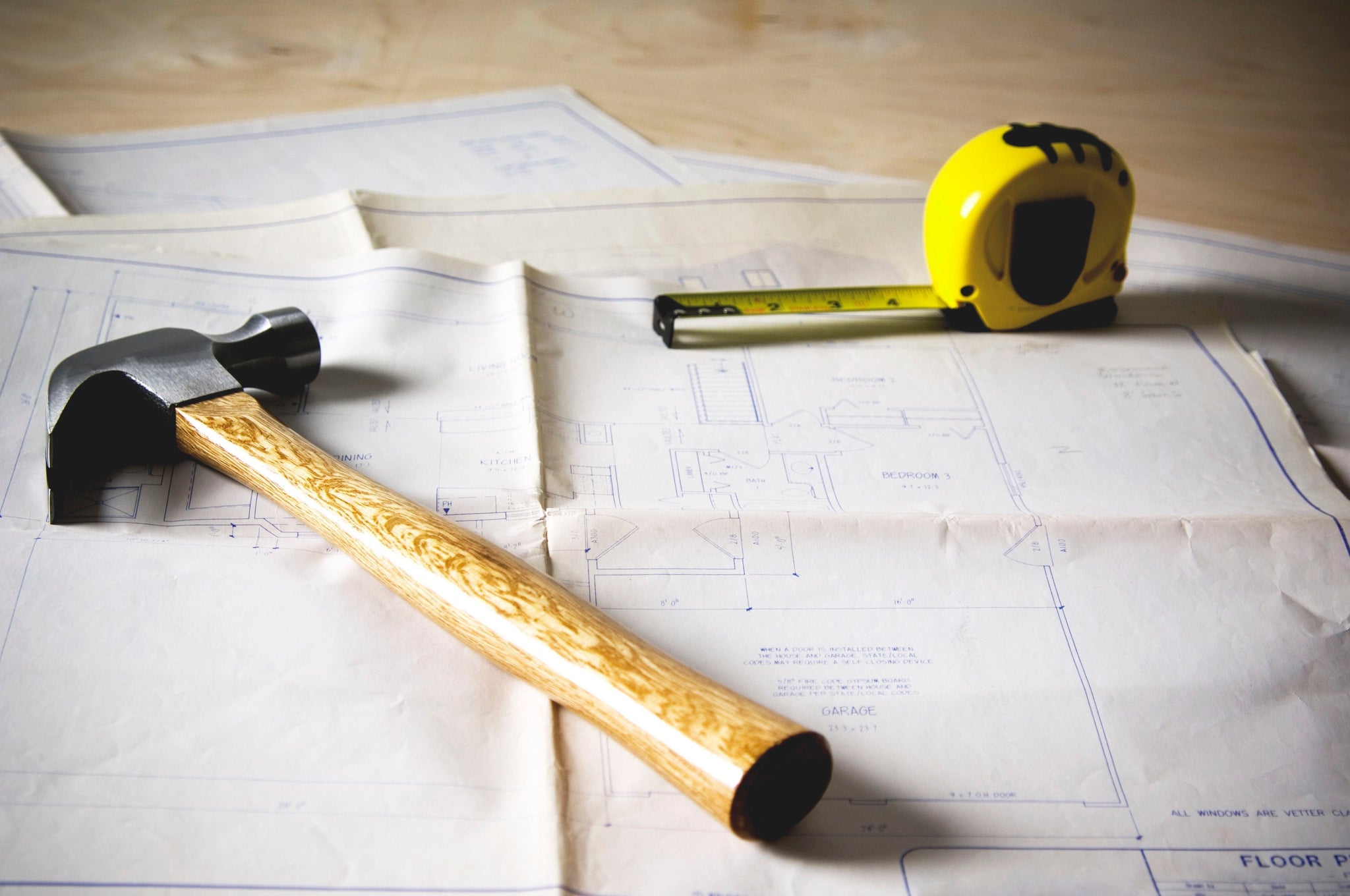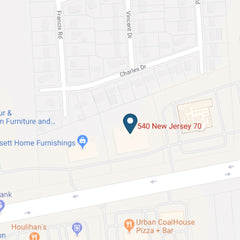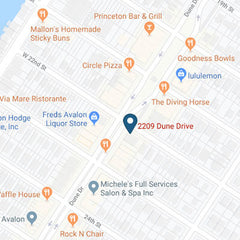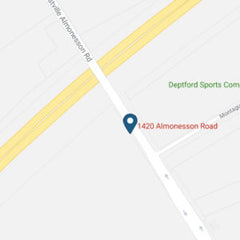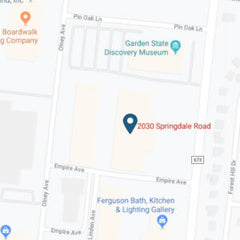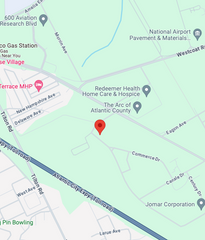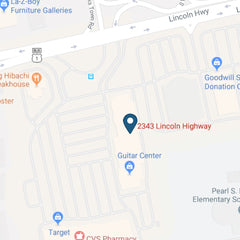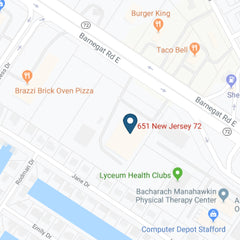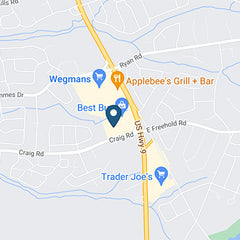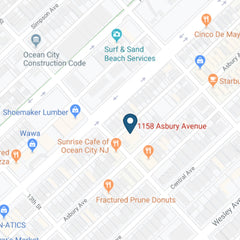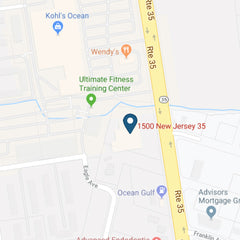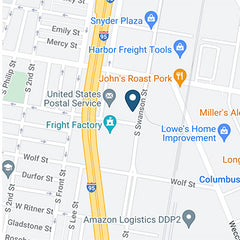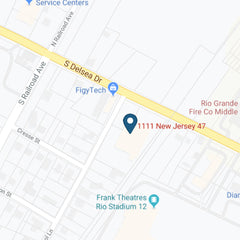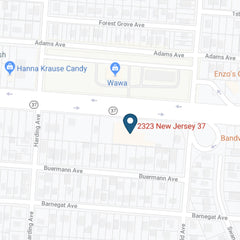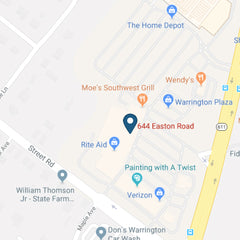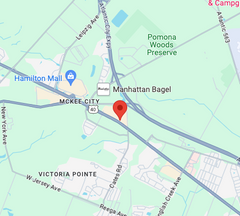We know that picking out the new flooring could be a small portion of your whole space remodel, and that prepping for any construction process can be stressful. So, to prepare you for it all, we have compiled a short list of questions and things to consider when hiring a contractor for your next project. By asking a lot of these questions and getting the information you need, you and your contractor will be on the same page and you'll be able to enjoy, rather than dread, your renovation project. Win, win!
Ask Your Contractor
1.) What will the schedule be like when you're running the project?
A schedule is more than just a start and end date. It's important to always ask your contractor about what days and times they plan to be on site. While most contractors typically have a five-day work week during daytime hours, every contractor is different, so you can't just assume you know their schedule without discussing it. Having this schedule will outline the tasks and timing, which will give you a big picture view of deadlines for everything in the project. It will also give you a benchmark so that you know if things are slipping or being pushed back a day or two. By going over this with your contractor, you'll be able to plan your own schedule.
2.) Who will be here every day?
Depending on the size and structure of the company you hire, the answer could vary widely. Many remodelers use a lead carpenter system, where a staff member (sometimes called a superintendent) is responsible for day-to-day work on site, and often swings a hammer as well. So, ask your remodeling contractor direct questions about who will be responsible for opening and locking up, who will supervise subcontractors on site and who to call on a daily basis with any questions.
Further key questions center on work-site presence. How much time does the contractor propose to spend on your project every week, and how many other jobs is he or she completing in tandem to yours? Does your contractor plan on doing any of the actual labor, or is he or she mainly performing in a supervisory role? How often will the contractor be on-site, and who'll be supervising during times when he or she isn't there? A trustworthy and accountable presence should be on hand at all times.
3.) How will you communicate with me during the project?
Communication is key with any project and especially those in your home. Find out how and when you can contact the contractor with any questions and concerns. It's important that you understand how you will be contacted and receive information. If the remodeling contractor's format doesn't give you what you think you'll need, agree on a method and format so that you're not in remodeling limbo on a daily basis. Ask your contractor if you can have weekly meetings at a specific time; these are an effective way to make sure you see your contractor in person to get your questions answered.
4.) How do I reach you after hours?
Knowing how to reach your contractor on an emergency basis is just as important as your contractor being able to reach you. Exchange all your numbers—work, cell, and even landline, if you have one—so that contacting each other won't be a crisis in itself.
5.) What part of my project concerns you?
There's always something unknown about a project, or an area that's most likely to trigger an immediate change. Odds are, your remodeling contractor already knows what it is. Talking about it upfront and running some worst-case-scenarios or doing some early, selective demolition to get more information could be the best way to get a handle on what may be ahead.
6.) Do you need to know where all the utility shut-offs are located?
This is something that's often overlooked when hiring a contractor, but if you're not home when the contractor is working, it's important for them to know where these are. Your power, gas and water are things that they will need to know the location of. It's also important to let that contractor know about specific appliances that cannot lose power.
7.) How will you protect my property and pets?
This is a necessary question to ask your contractor before demolition, not after you come home and find dust all over the house. There are a number of dust-containment measures that can be taken; talking about it ahead of time will provide you with a clear idea of how the construction area will be blocked off from the rest of your home and how you'll be able to move through your house. There's also the issue of stuff—books, furniture, drapes, delicate vases and paintings on the wall. It's helpful to remove them all from the construction zone. This includes anything hung on the walls or sitting on shelves in adjacent rooms since they can shake loose from persistent hammering.
When it comes to pets, they're part of the family. So, be sure that your contractor is aware of them. Dogs can get out by gates that are left open, cats may escape through open doors, and it's also a safety issue since your pets may not be comfortable around strangers. If your pets have to remain in the home, secure them properly and let the contractor know that they're there.
8.) What will happen if there's a change order?
Change in orders can be easily handled in your construction contract. A common way to document change orders is in writing, where the change in scope or work and the price are noted and signed by the client and contractor. Some contracts also note the change in schedule, if applicable. Make sure you have a plan in place to document the unexpected and expected changes that will happen along the way.
9.) Will there be any disturbances in my neighborhood?
If you have particularly troublesome neighbors, then let your contractor know. While this isn't an issue in all cases, at least inform them of anything they should know about the surrounding area, such as businesses that might complain or neighbors who will be affected by the noise.
10.) What kind of documentation will I receive when the project is done?
Contracts frequently call out end-of-project paperwork—releases, marked up plans with directions on plumbing and other utilities, copies of inspection reports, etc. But there may be additional items you'll find valuable; like the operating manuals for installed equipment (and a personal lesson in their operation if you don't know the basics), a list of subcontractors and contact info, care for things such as countertops or tile, and a well-marked electrical panel. Ask your contractor to confirm that you'll receive these things before you get started to help ensure that you finish the project with all the information you need.
The answers your contractor will provide from these questions will make you feel more confident and prepared for your new exciting home renovation!
